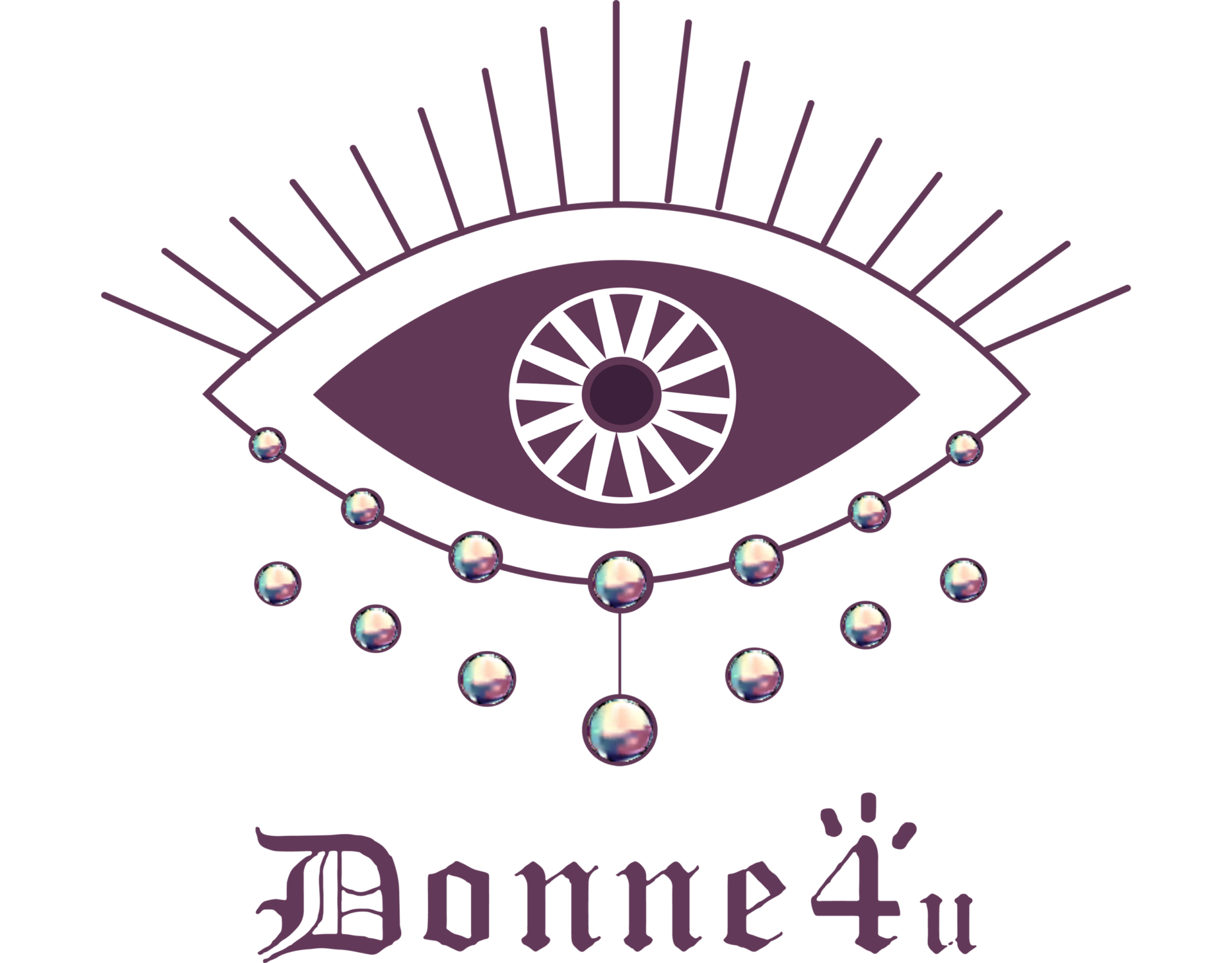Emotional abuse is a pattern of behavior in which the perpetrator insults, humiliates, and generally instills fear in an individual in order to control them. The individual’s reality may become distorted as they internalize the abuse as their own failings.
What Is Emotional Abuse?
An isolated occurrence doesn’t necessarily qualify as emotional abuse, but a pattern of behavior that creates fear and control does. Such mistreatment can occur in a range of interpersonal contexts, including a parental relationship, a romantic relationship, or a professional relationship.
People who suffer emotional abuse can experience short-term difficulties such as confusion, fear, difficulty concentrating, and low confidence, as well as nightmares, aches, and a racing heart. Long-term repercussions may include anxiety, insomnia, and social withdrawal.
What are the warning signs of emotional abuse?
Emotional abuse centers around control, manipulation, isolation, and demeaning or threatening behavior. Signs of abuse include:
- Monitoring and controlling a person’s behavior, such as who they spend time with or how they spend money.
- Threatening a person’s safety, property, or loved ones
- Isolating a person from family, friends, and acquaintances
- Demeaning, shaming, or humiliating a person
- Extreme jealousy, accusations, and paranoia
- Delivering constant criticism
- Regular ridicule or teasing
- Making acceptance or care conditional on a person’s choices
- Refusing to allow a person to spend time alone
- Thwarting a person’s professional or personal goals
- Instilling self-doubt and worthlessness
- Gaslighting: making a person question their competence and even their basic perceptual experiences.
What are subtle signs of emotional abuse?
Sometimes emotional abuse doesn’t involve overt threats or vigilant monitoring. More subtle signals that emotional abuse may be occurring in an important relationship include regularly judging a person’s perspective without trying to understand it, relying on blame rather than improvement, regarding the other person as inferior, frequent sarcasm, and telling the other person how to feel in an attempt to be “helpful.”
Healing from Abuse
Leaving an abusive relationship is challenging but completely possible. Victims must come to recognize that reasoning with an abuser is not effective and that the individual will probably never change. To begin to heal, experts advise those leaving an emotionally abusive relationship seek support from one’s social circle and often a therapist.

